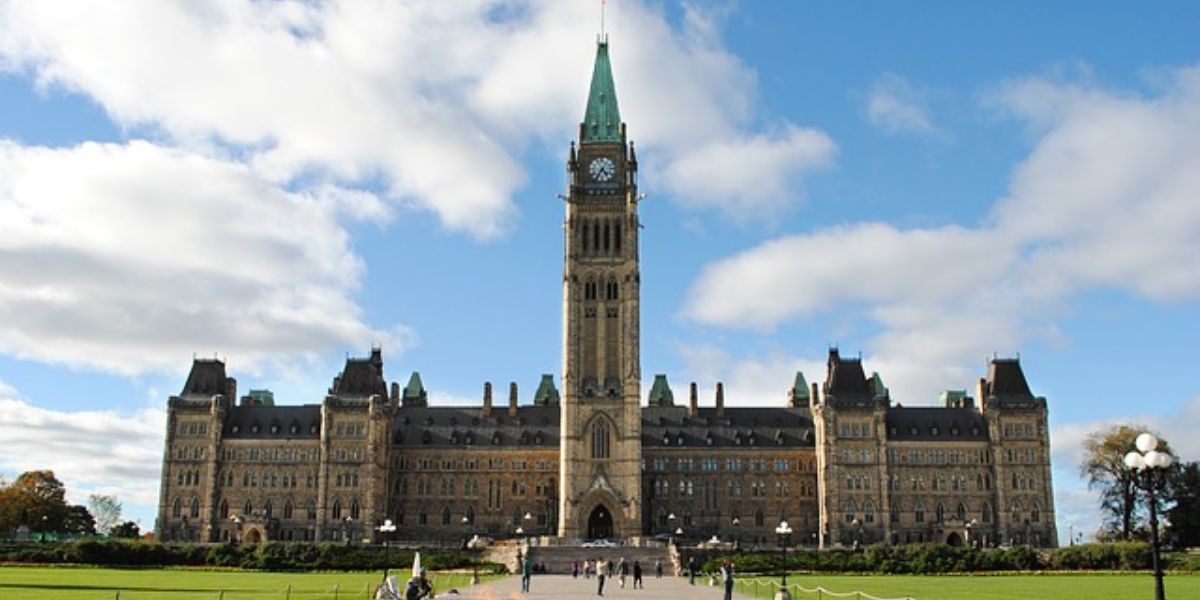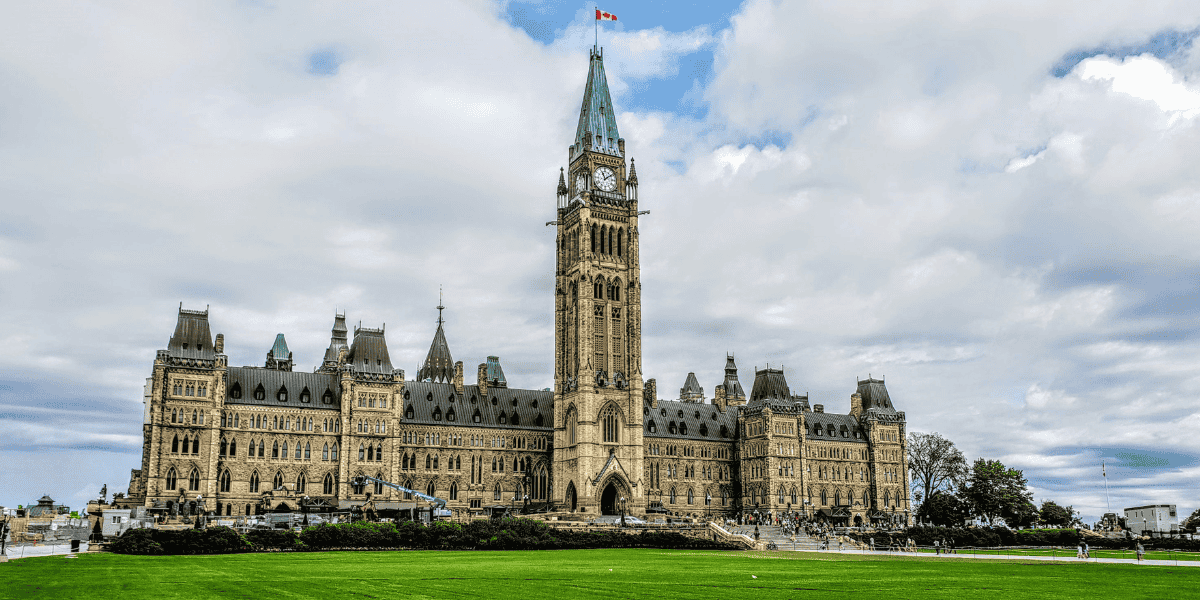Canada’s Department of Finance invites public feedback on draft legislative proposals to implement the 2024 Budget and other previously announced tax measures. These proposals include changes such as introducing a global minimum tax and increasing the capital gains inclusion rate.
The Department of Finance routinely publishes draft legislative and regulatory proposals for public comment in the course of developing new taxes and similar laws and regulations or modifying existing ones. Feedback received on these draft proposals helps ensure that legislation and regulations are responsive to the views of stakeholders and professional tax practitioners before they are introduced in Parliament or submitted for approval.
Global minimum tax
Canada’s Department of Finance announced in a release that a public consultation on legislation that includes new measures for Budget 2024 will be held on 12 August 2024.
This follows the enactment of several budget measures in June 2024 under the Fall Economic Statement Implementation Act, 2023 (Bill C-59) and the Budget Implementation Act, 2024, No. 1 (Bill C-69). The measures include the Global Minimum Tax Act, which introduced the Income Inclusion Rule (IIR) and the Qualified Domestic Minimum Top-up Tax (QDMTT), effective for fiscal years starting on or after 31 December 2023.
The draft legislative proposals by the Department seek public feedback and aim to incorporate guidance and amendments in line with OECD model rules, focusing on areas such as the definition of a securitisation entity, calculation of top-up tax payable, financial accounting income, adjusted covered taxes, qualified flow-through ownership interest, deferred tax assets and liabilities, and more.
Capital gains inclusion rate
The draft legislative proposals announced by the Department for public feedback include the proposal under Budget 2024 to increase the capital gains inclusion rate from one-half to two-thirds on capital gains realised annually above CAD 250,000 for Canadians and on all capital gains realised by corporations and most types of trusts as of 25 June 2024. It also includes increasing the Lifetime Capital Gains Exemption from CAD 1 million to CAD 1.25 million, as of 25 June 2024.
Chrystia Freeland, Canada’s Deputy Prime Minister and Minister of Finance introduced a Notice of Ways and Means Motion in Parliament to enact the changes to capital gains taxes outlined in the 2024 Budget. These changes include an increase in the capital gains inclusion rate set for June 2024.
The Canadian Entrepreneurs’ Incentive
In addition to the above, the Department also seeks public comments on creating the Canadian Entrepreneurs’ Incentive, which the government announced in the 2024 budget.
When it comes time to sell a business, this incentive will reduce the inclusion rate to one-third on a lifetime maximum of CAD 2 million in eligible capital gains. Combined with the increased CAD 1.25 million Lifetime Capital Gains Exemption announced in Budget 2024, the Canadian Entrepreneurs’ Incentive, when fully rolled out, would benefit eligible business owners when selling business shares worth up to CAD 6.25 million.
Other tax measures
The Department also seeks public comments on draft legislative proposals that would remove the goods and services tax (GST) for co-operative housing in the long-term rental market, deliver the Clean Electricity investment tax credit, and expand eligibility for the Clean Technology investment tax credit and the Clean Electricity investment tax credit.
The Department invites public comments until 11 September 2024.
However, the consultation regarding the capital gains inclusion rate and the lifetime capital gains exemption will remain open until 3 September 2024.












